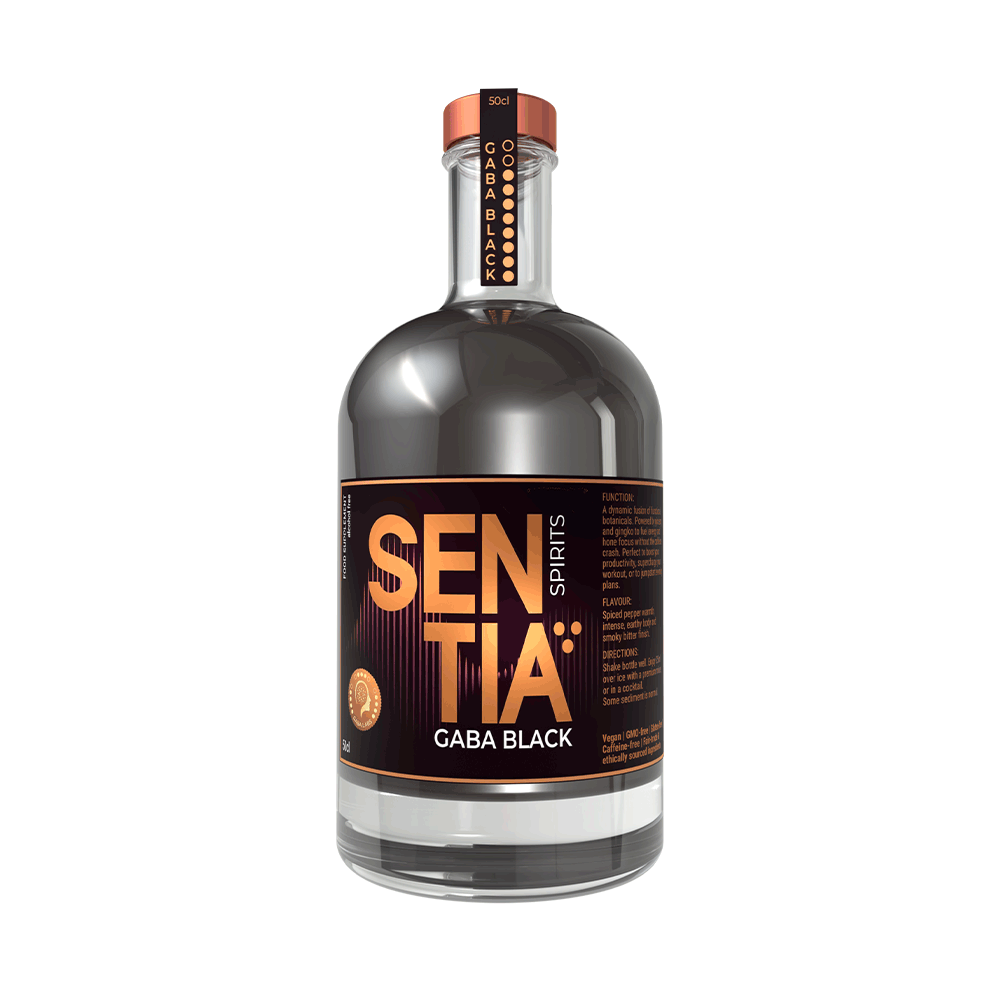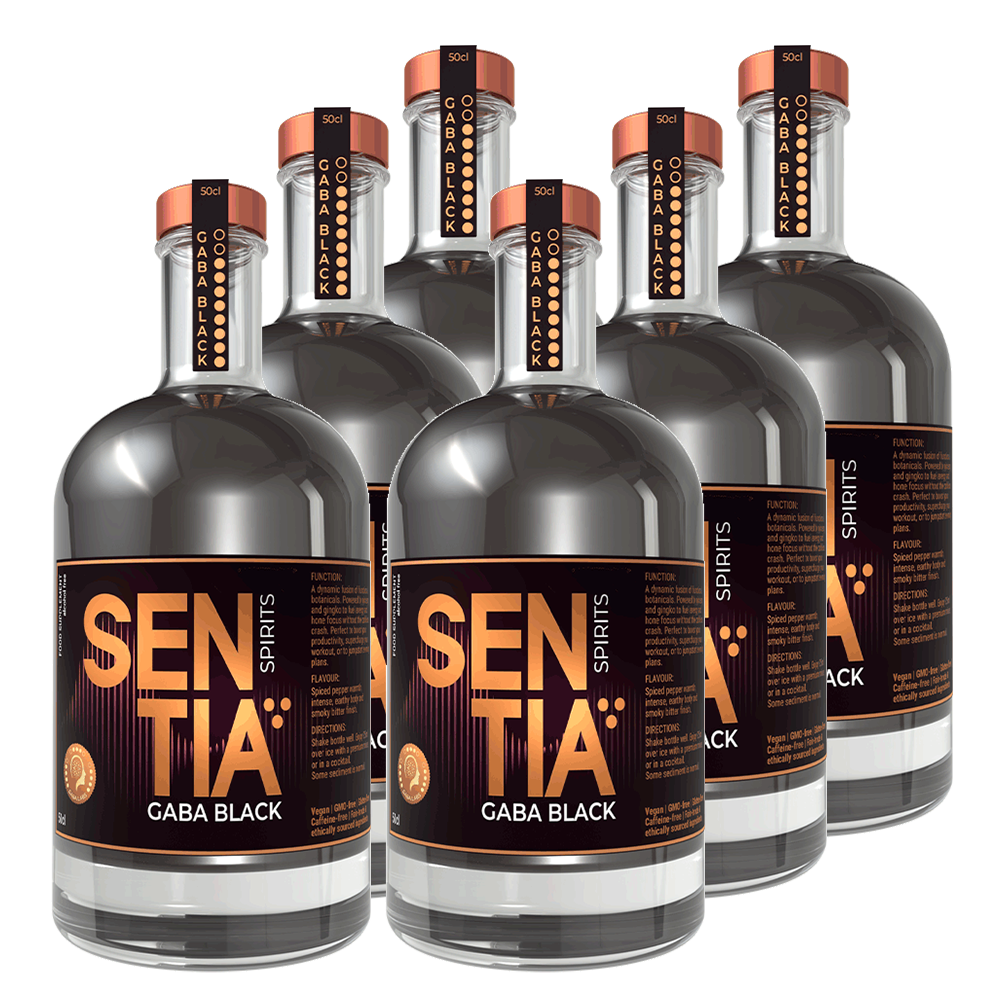
Who's going Dry this January and why?
Are you thinking about Dry January? Or perhaps just about feeling hanging on New Year’s Day? Alcohol Change UK has been championing Dry January for over a decade, and they’ve produced some interesting statistics and factoids about who takes part and why. Let’s dive in–if you see yourself floating around in the pool of conscious consumption, you’re in good company!
Education, Income, and Drinking Patterns
Firstly, when cutting out the booze in January, millennial women are in the vanguard. Of all Dry January registered participants in 2019, 82% were women, things even out more when all participants are accounted for, but women still lead the way. Who are these women? Well, most of them have undergraduate or post-graduate degrees–which means they're well acquainted with getting legless on freshers week. They’re educated and earning, and the vast majority are in middle and upper-income brackets, so they’ve also had their fair share of working lunches, after-work drinks, and Christmas parties to navigate.
Perhaps most interestingly, the majority of participants aren’t classified as “heavy drinkers,” rather they’re weekend warriors and cocktail queens: binge drinkers. Now, there are plenty of immediate dangers when it comes to binge drinking, but it is less damaging to our bodies than sustained heavy drinking. Perhaps it's those wringing hangovers, kebab shop brawls and calories that lead a lot of us to a dry January.
Health Priorities in Dry January
The majority of those going dry for January worry more about their health than their ability to stop drinking, or what exactly they get up to whilst drunk. Physical health is the most prominent concern, which makes sense. The data on what alcohol does to your health is extensive–Professor Nutt can tell you all about that here. Just behind the physical is mental health, and a particular kind of modern condition. Whilst it’s not in the Oxford English Dictionary just yet–give it a few years–“Hangxiety” is one of the leading concerns of the Dry January crowd. 36% of participants stated that hangxiety was a major reason for hopping on the wagon after New Year’s. It’s a novel phenomenon, which is probably why whilst 40% of drinkers under 35% say they experience hangxiety regularly, only 12% of those over 35 do. Gen-X and boomers may well feel the increased arousal in the brain that comes after it’s woken up from the sedating effects of alcohol, they either don’t have a word for it, or don’t take that kind of thing very seriously.
Further down the list of health reasons we have participants wanting to lose weight. No surprises there! Alcohol is chock full of the most empty of empty calories–for every pint of lager you’re essentially eating a Mars bar–so cutting down your sessions can quickly put you into a calorie deficit. Cutting these boozy excess calories works, a study of the Australian Dry July campaign over the last 6 years found 35% of participants had lost weight. Beyond inches and pounds, participants also wanted to improve their energy levels, their sleep, and their concentration. We can lump these together under the category “sleep” because without a good night of it your energy and focus will suffer. What do we know about alcohol and sleep? If you’ve ever fallen asleep at the pub or drifted into a snoring coma after a few too many drinks post-Christmas dinner, you could be forgiven for thinking that alcohol puts you to sleep. Unfortunately, whilst too much booze can certainly knock you out, it doesn’t improve sleep. As soon as the effects of alcohol wear off, your suppressed glutamate system kicks back into gear with a vengeance, leaving you awake and wired, your body ready to experience all the dehydration, inflammation, and assorted carnage of a hangover at full volume.
The last major reason for partaking in Dry January is a bit more abstract. Most participants stated that they took part to “prove something” to themselves. People have been fasting or abstaining from various things for thousands of years for various reasons, why you might want to prove to yourself that you can go a month without alcohol is going to be as varied as your unique personality, circumstance, and upbringing. Why do some people want to climb mountains, read the complete works of Herman Melville, or jump out of aeroplanes? Let's leave that one to the philosophers.
The Goal of Dry January: Mindful Moderation, Not Abstinence
One thing is very clear though, for the vast majority of those who take part, permanent abstinence is not the goal. Over two-thirds of those surveyed sought to reduce their drinking, not stop it altogether. This tracks with the emerging data on the low and no-alcohol beverage market. Almost half of those who partake in low and no-alcohol drinking worldwide mix it with regular consumption of booze. We’ve been drinking alcohol for as long as we’ve been human and it doesn’t look like it's going anywhere. What is happening is the emergence of a more mindful approach to consumption. We’re faced with a truly ancient technology, and we’re trying to integrate it into our busy, modern, and health-conscious lives. Here at Sentia, of course, we’d like to quietly remind you that a “dry” January needn't be an austere one. There’s plenty of space for fun with functional alternatives to alcohol.





